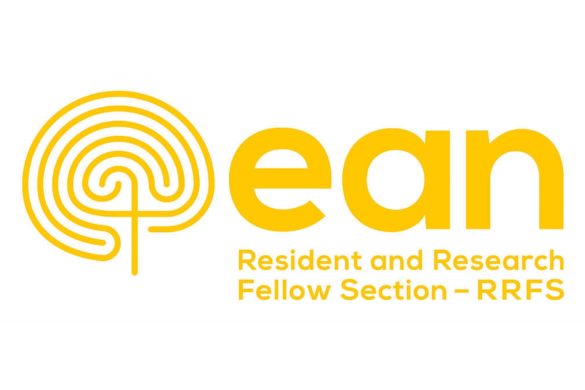by Viktoria Papp
Each month the eanNews editorial team reviews the scientific press for recently published papers of outstanding interest to neurologists, in addition to the regular Paper of the Month. Below we present our selection for October 2024.
1) Blood Biomarkers to Detect Alzheimer Disease in Primary Care and Secondary Care
Can a simple blood test help diagnose Alzheimer’s disease with high enough accuracy? This Swedish study tested the diagnostic accuracy (incl. positive and negative predictive value) of the amyloid probability score 2 (APS2) as the ratio of plasma phosphorylated tau 217 (p-tau217) to non–p–tau217 alone and combined with the plasma ratio of amyloid-β 42 to amyloid-β 40 in the diagnosis of Alzheimer’s disease in the primary and secondary care. With predefined cut-off values, the diagnostic accuracy of APS2 was between 88% and 92% for disease pathology in both primary and secondary care. APS2 were superior compared to the standard clinical evaluation in primary care (91% vs. 61%), and in secondary care (91% vs. 73%). The APS2 had high diagnostic accuracy for the diagnosis of Alzheimer’s disease in patients with cognitive symptoms both in primary and secondary care.
2) Risk of Relapse After COVID-19 Vaccination Among Patients With Multiple Sclerosis in France
In this large nationwide cohort of French multiple sclerosis (MS) patients, the authors were searching for the answer to whether COVID-19 vaccination, both the first dose and the boosters, increases the risk of severe corticosteroid therapy-requiring relapse. Data on 102,524 MS patients who received at least one dose of vaccine were analysed. The overall incidence rate ratio of relapse was 0.97 (0.91–1.03, p = 0.30), revealing no increased risk of relapse after COVID-19 vaccination. Findings were similar in several subgroup analyses. However, a slightly elevated risk cannot be excluded after a booster dose (IRR 1.39 [1.08–1.80]) for patients with highly active MS. Overall, the results supply Class III evidence that COVID-19 vaccination does not increase the risk of severe relapse in MS patients.









